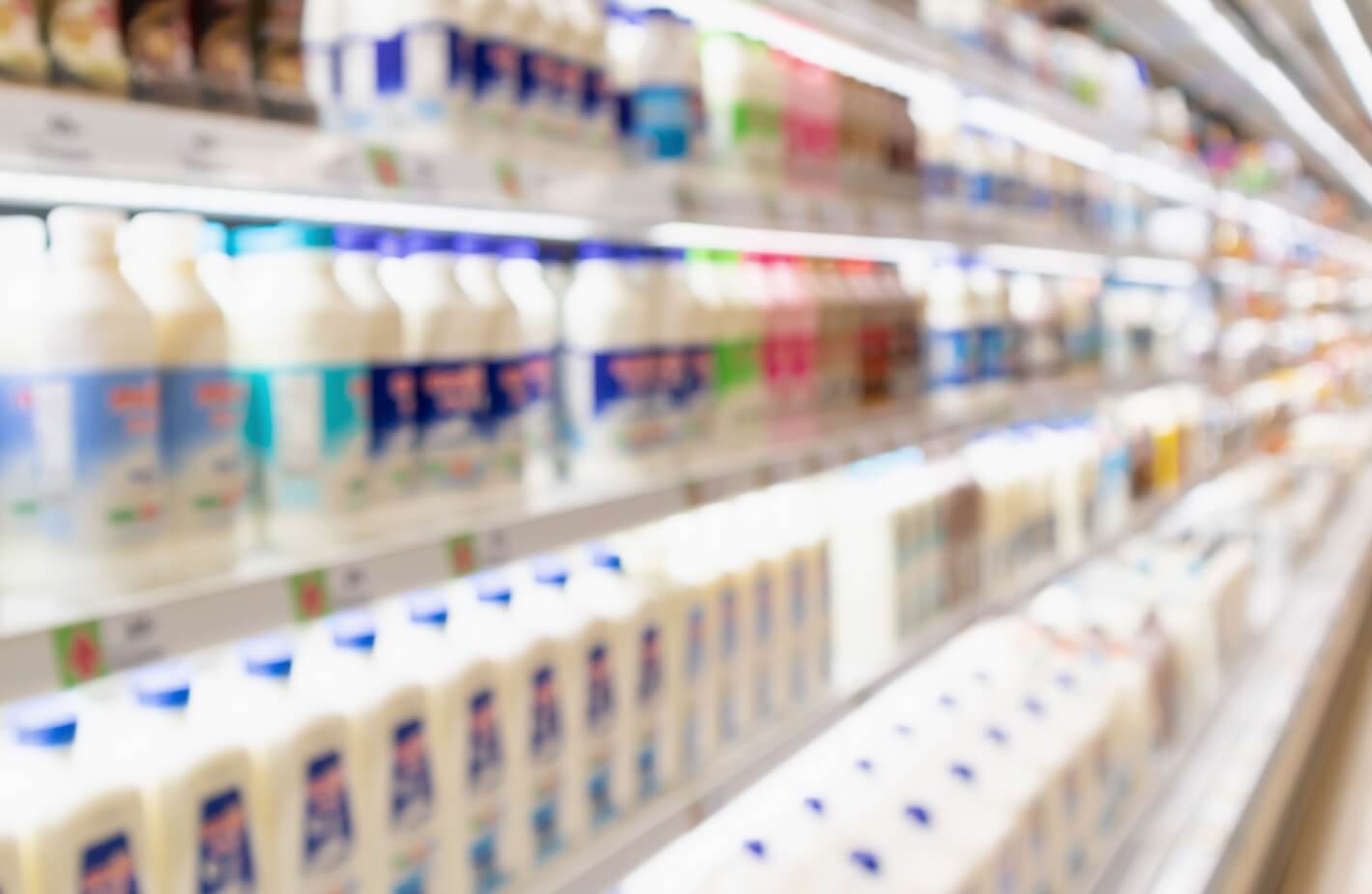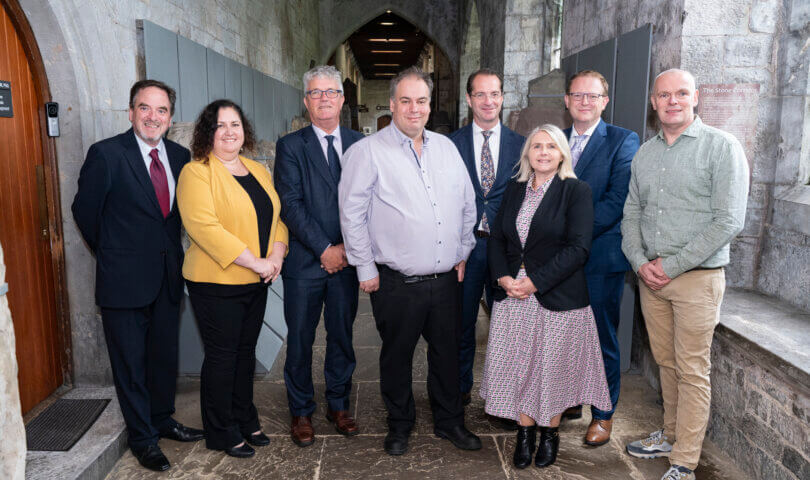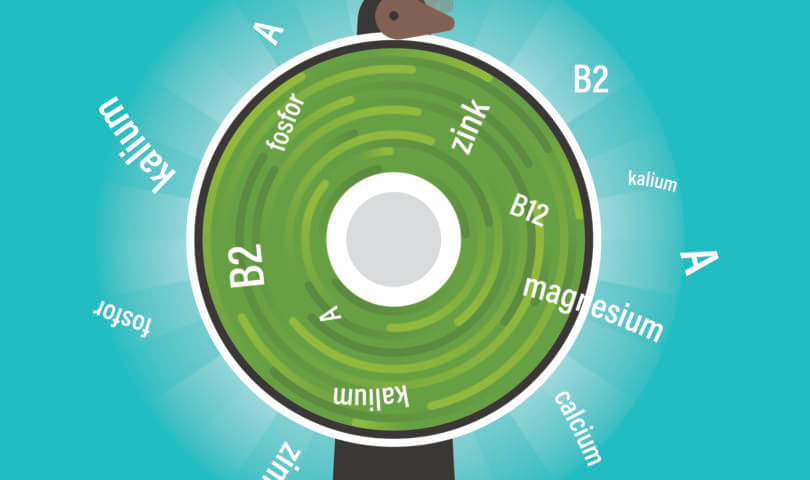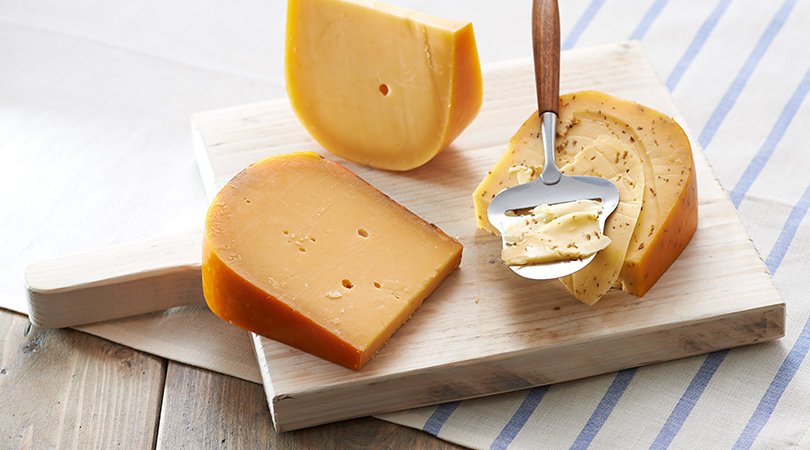
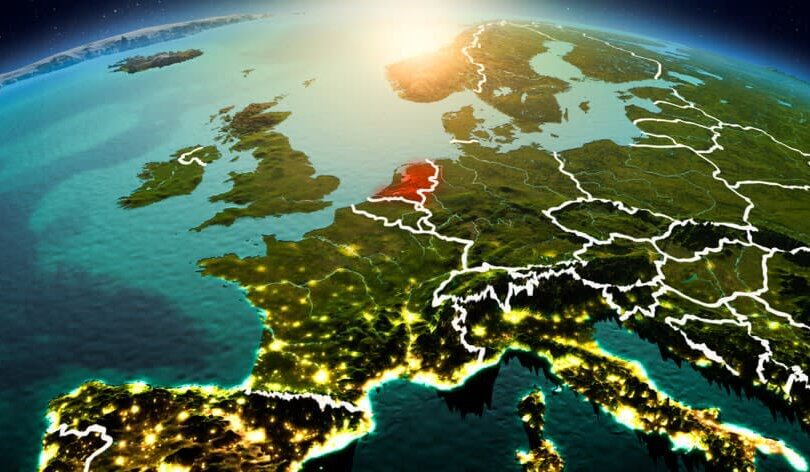
General
News overviewABN AMRO report sheds light on obstacles in the energy transition
In its publication ESG & Economie – 2030 klimaatdoel voor veel sectoren binnen bereik (ESG & the economy – 2023 climate target within reach for several sectors”), ABN AMRO has taken a look at the impact sectors have had in their deployment of low-carbon technologies.
The Dutch dairy industry has been working for years on energy savings and more energy-efficient production. In this way, it is contributing to the Dutch industry’s goal of reducing CO2 emissions and achieving 2030 and 2050 Dutch targets. The electrification of processes is an important way dairies can further reduce CO2 emissions.
ABN AMRO indicates that the path to climate neutrality in 2050 will not be smooth. Challenges include the growing electricity demand and subsequent large investments to connect factories to the existing power grid, as well as upgrading and expanding the power grid.
“The pace of the transition is now hampered in part by limited grid capacity and its slow expansion. However, the emissions production potential of low-carbon technologies can be high, once existing obstacles are removed or reduced.”
-Casper Burgering, Senior Economist, Sustainability Research-
Steps can be made, but public policy is crucial
ABN AMRO’s publication indicates that much is possible, but energy-intensive industries with high heat demand, like food, face a relatively large challenge towards sustainability. Government policy is crucial and must be tailored. Supportive governmental policies are also very important for dairies that want to become more sustainable.
To increase their sustainability, what do Dutch dairies need?
Rural infrastructure of the electricity grid must be strengthened so dairies – most of which are located on the outskirts of the Netherlands – have sufficient (green) electricity.
Clarity and a long-term perspective are crucial for the dairy industry to be able to take measures aimed at reducing CO2 emissions. This may entail improving access to subsidies, and broad access to subsidies for process efficiency and other measures, such as the installation of heat pumps or e-boilers. Solutions should also be aimed at speeding up the permitting process.
